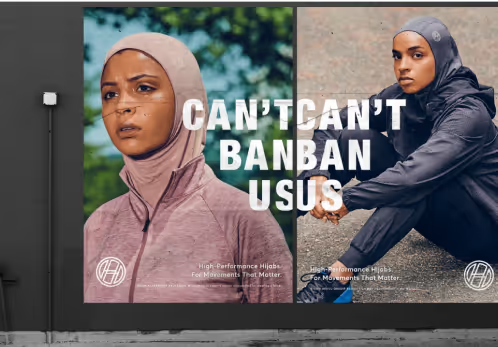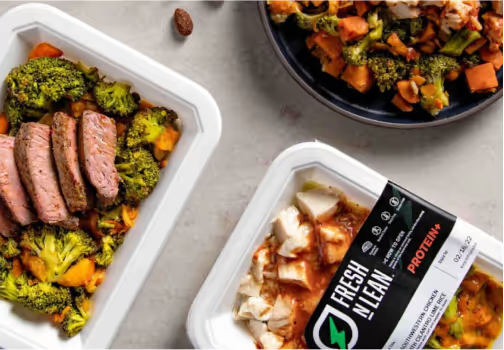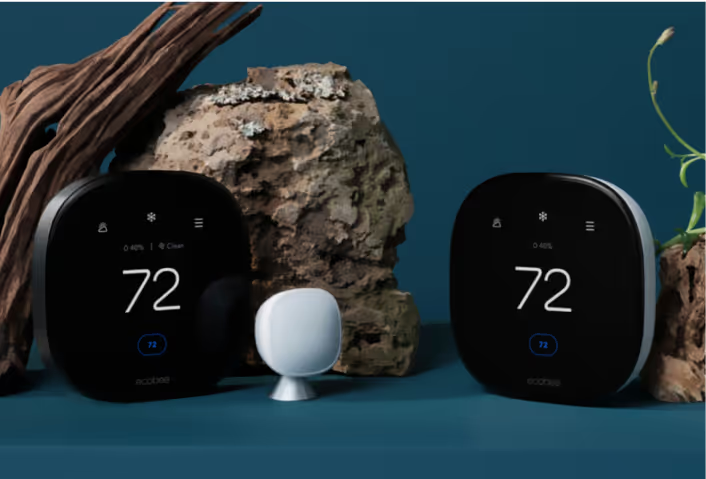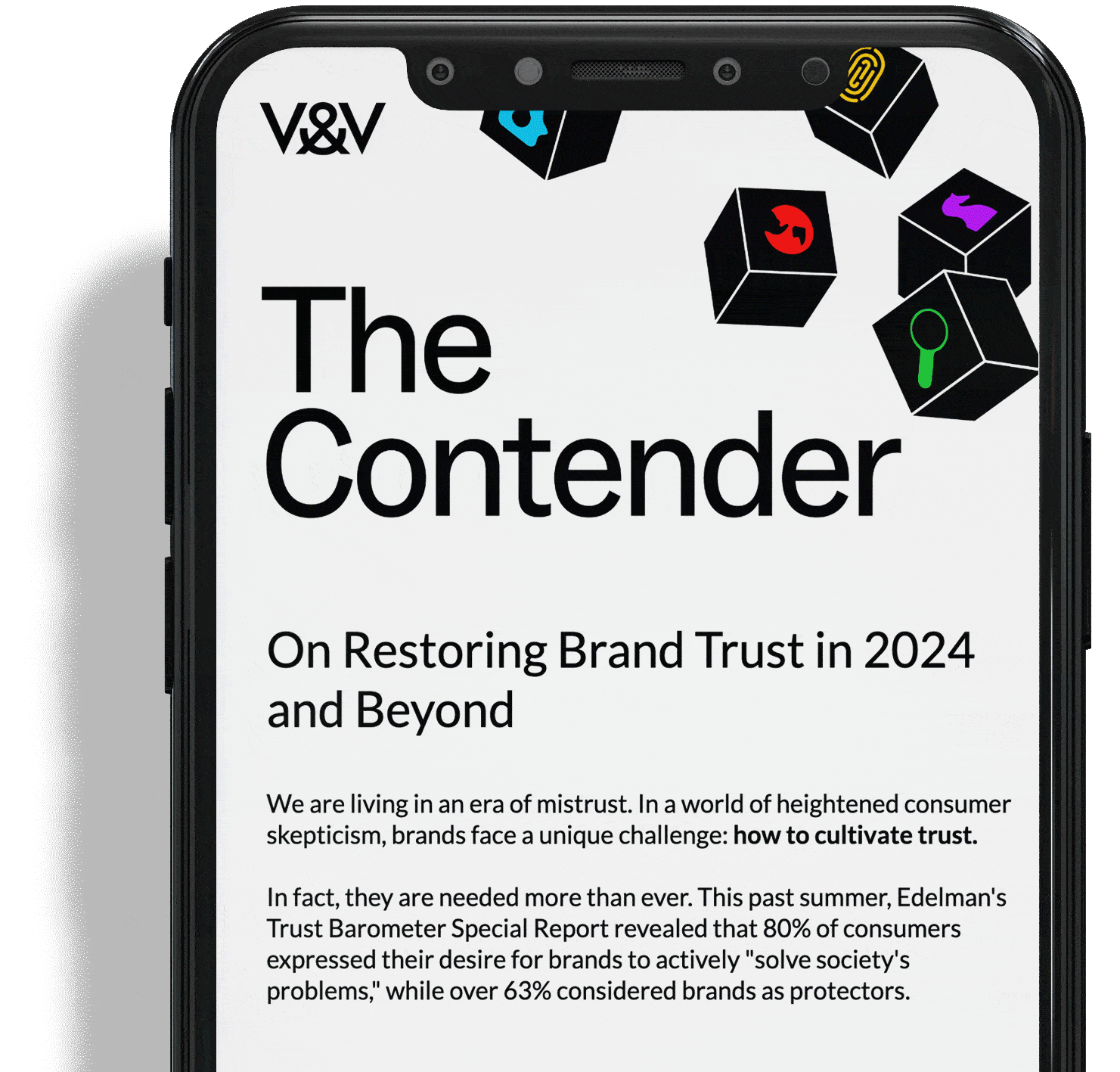A few weeks ago, The New York Times published a piece titled Welcome to the YOLO Economy. It talked of a shift that’s taking place with America’s working Millennials, spurred by the effects of the pandemic. More specifically, it talked of people abandoning the security of their office jobs to start a business, turn a side hustle full-time or simply follow their passions.
“They are emboldened by rising vaccination rates and a recovering job market,” the article reads. “Their bank accounts, fattened by a year of stay-at-home savings and soaring asset prices, have increased their risk appetites. And while some of them are just changing jobs, others are stepping off the career treadmill altogether.”"
For Challengers, this shift is important.
If there’s one thing that defines Challenger thinking, it’s taking risks. Whether it’s looking for a way to reposition real estate to build a radically better world or challenging fashion so it looks prejudice straight in the face, it’s the unflinching attitude and unfaltering ability to do what’s right that makes a Challenger what it is.
As people challenge the traditional white-collar career path, and instead forge their own, they are more likely to embrace companies with a Challenger ethos they can relate to. As the article continues to state, a factor driving this YOLO economy is “a feeling that the economy is changing in ways that reward the crazy and punish the cautious”.
We’ve already discussed the importance of building a Challenge Network, a team of people unafraid to ask the tough questions, who constantly unpack assumptions and back the underdog. Armed with a brand that promises to better people and planet and a culture that celebrates and supports this future economy, Challengers have a chance to attract top talent.
Another important point for Challengers to note is how they’re taking steps to ensure the talent they already have feels truly valued and respected. As career coach Latesha Byrd states later in the article, “it has become challenging to continue to work for companies who operate business as usual, without taking into account how our lives have changed overnight.”
And the statistics back it up. A study conducted by Monster found that over two thirds of employees are experiencing burnout symptoms while working from home with 59% taking less time off than they normally would. Paired with the fact 51% of employees at companies without wellness programs say they intend to leave their job the following year, and you see the tension.
It’s a problem we helped Bright tackle, publishing an e-book titled Well-being in the Workplace: Productivity & Community in a Post-COVID World. It covered the changing world of work and outlined steps to empower companies to enact change for their employees now and in the future.
A final point for Challengers to note is shaped by the following, also from the article: “The pandemic changed my priorities, and I realized I didn’t have to live like this.”
As humans, we’re a bit like boomerangs. Throw us into the unknown and we’ll bounce back to our default behaviour. But there are world-changing events, like wars or the Great Depression, where reverting to the default isn’t enough and we’re changed in profound ways.
Embracing the YOLO economy is part of this. It’s an understanding that the underlying assumptions that have guided us to date, need rethinking. Whether it’s people fleeing urban environments for smaller towns or the acceleration of digital specialities we swore were only physical, this is part of a bigger change in perspective.
With values too, it’s not until we’re forced into a crisis like the pandemic that people’s truths are revealed. It’s this disillusionment that’s driving change for minorities and the underrepresented, and presents an opportunity for committed Challengers to not just promote rhetoric, but engage meaningfully.
Whether you’re looking to hire new talent or retain the team you’ve already got in place, the YOLO economy isn't something to ignore. It’s something to acknowledge, consider and, if you’re a true Challenger, use to good advantage.














